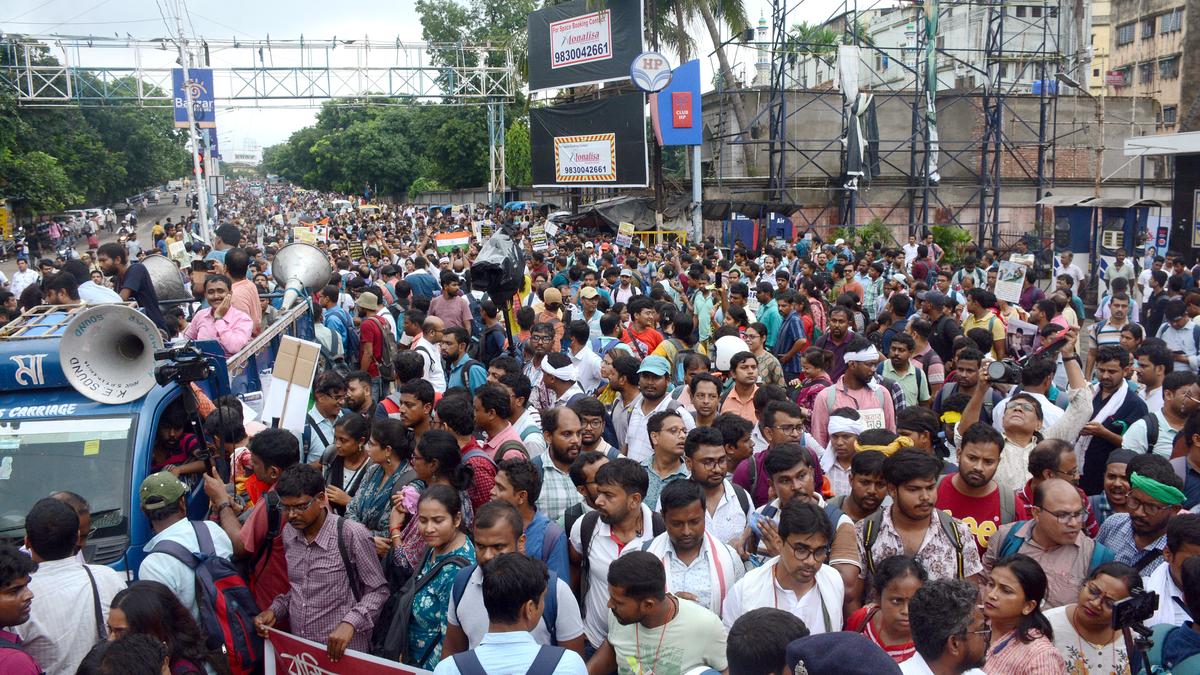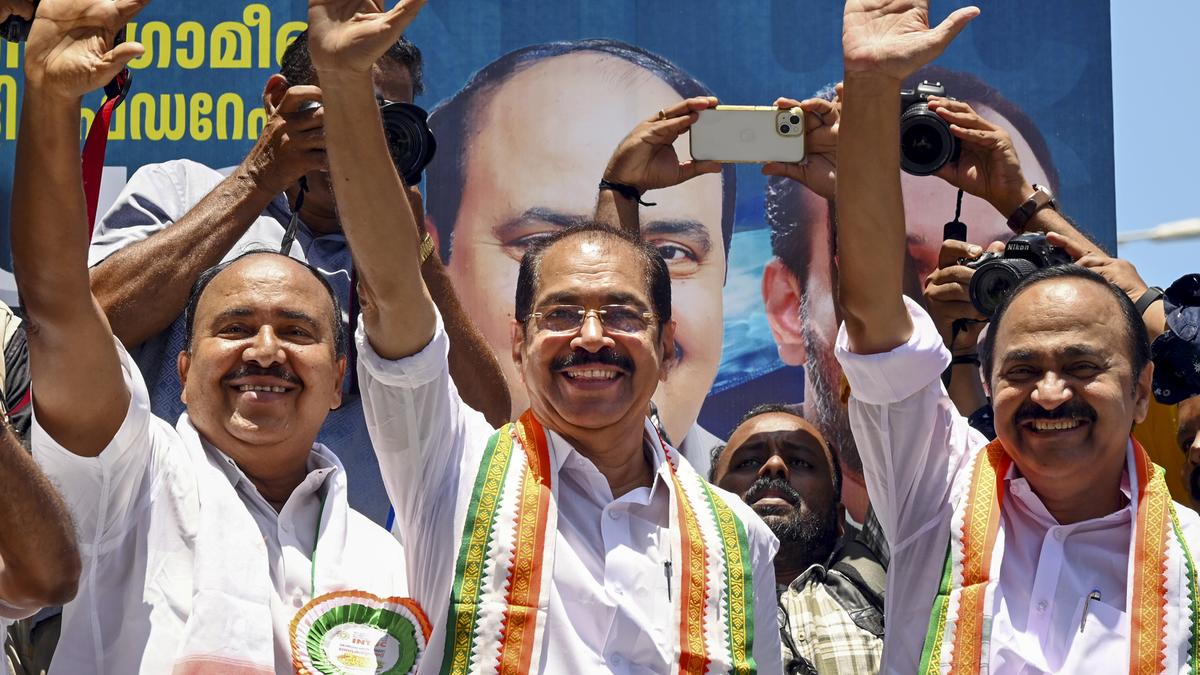Now Reading: Supreme Court Rejects Review Plea, Bengal Teachers’ Protests Continue
-
01
Supreme Court Rejects Review Plea, Bengal Teachers’ Protests Continue
Supreme Court Rejects Review Plea, Bengal Teachers’ Protests Continue

Swift Summary
- Nearly 24,000 school staff appointments in West Bengal, including teachers and non-teaching staff, were annulled by teh Supreme Court, upholding its April 3 decision based on irregularities in the recruitment process.
- The Court stated that while it is indeed aware of the anguish caused to “untainted” appointees, maintaining the integrity of the selection process was paramount.
- several affected teachers have expressed disappointment with both the judiciary’s stance and government support. Protests have erupted under groups like ‘Jogya Shikshak shikshika Adhikar Mancha’ (JSSAM).
- Many ‘untainted’ candidates are required to reappear for recruitment exams on September 7 & 14 but argue they were given insufficient time to prepare.Approximately 13,000 applied under new rules; around 3,000 could not due to procedural differences from their original hiring in 2016.
- Displaced candidates criticized that no concessions such as experience-based grace marks or reserved seats were provided despite their years of service.
- Non-teaching staff have reportedly received neither salaries nor re-recruitment notifications as April and face meaningful financial struggles.
Indian Opinion Analysis
This dispute reflects a challenging intersection where protecting systemic integrity must be balanced against safeguarding livelihoods of those previously hired without fault (“untainted”). While judicial prudence strives to ensure fairness by dismantling perhaps flawed recruitment processes, it risks alienating experienced personnel who now face added economic instability and competitive disadvantages in retaking exams alongside fresh candidates.
The requirement for immediate examinations raises operational fairness concerns regarding preparation time and opportunity equity for those displaced after nearly a decade in service. Moreover, unclear compensation mechanisms or choice employment opportunities leave non-teaching staff disproportionately affected.
strategically addressing these grievances could restore trust among impacted groups while deterring future malpractice during critical public-sector hiring processes-the broader confidence implications underscore accountability gaps within governance structures.
Read more at: The Hindu
























